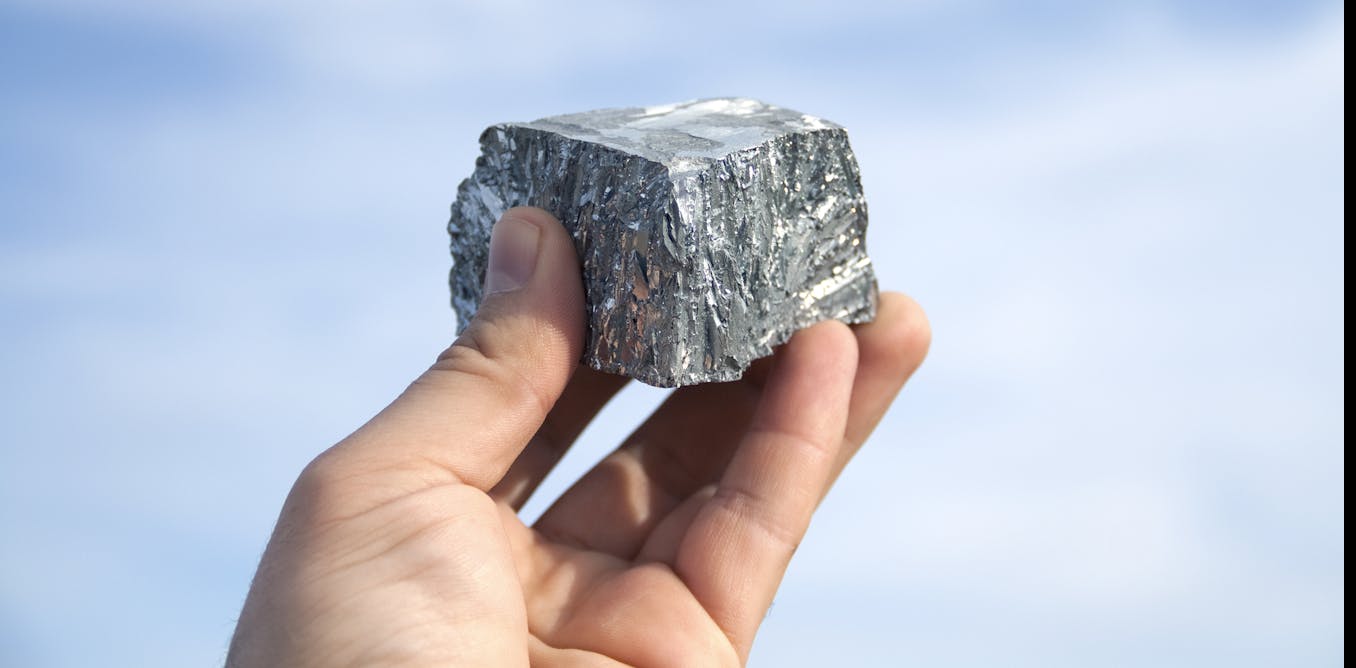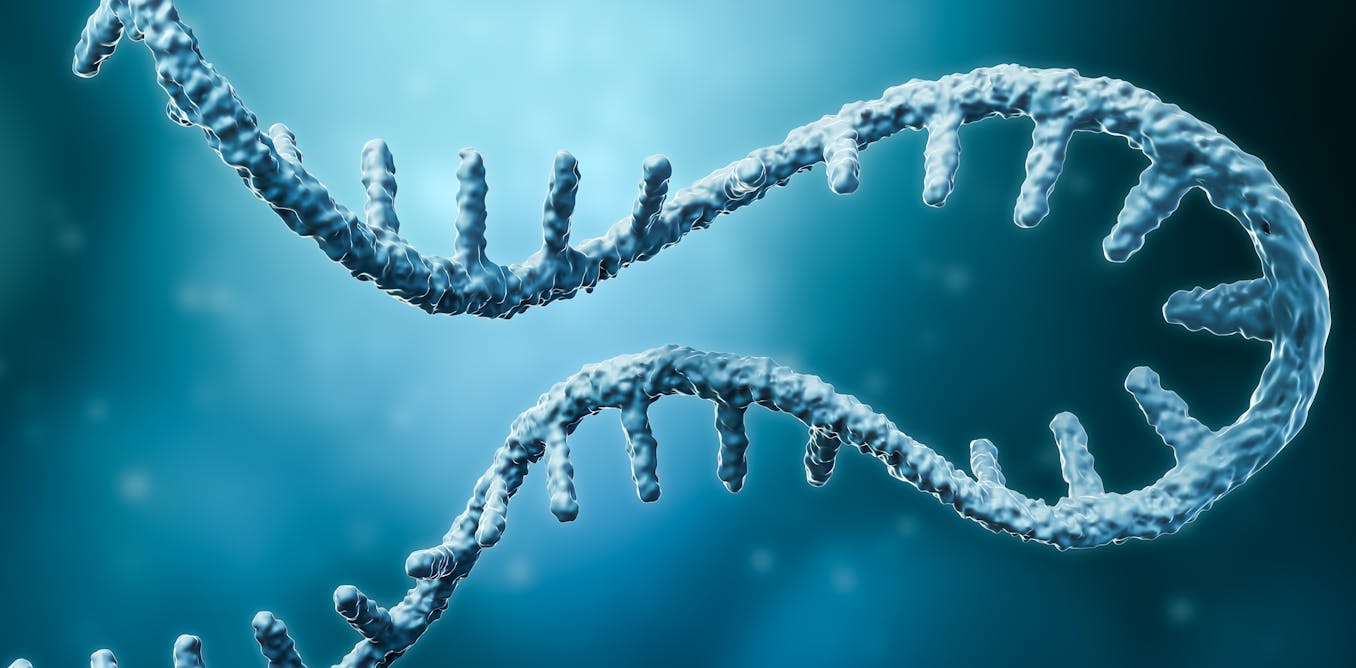Zinc is a metal essential to life – scientists have discovered a protein that helps keep cells alive when zinc levels are low
While iron and calcium are the metals that get the most attention, zinc is also important for human health and function.
May 17, 2022 • ~6 min










